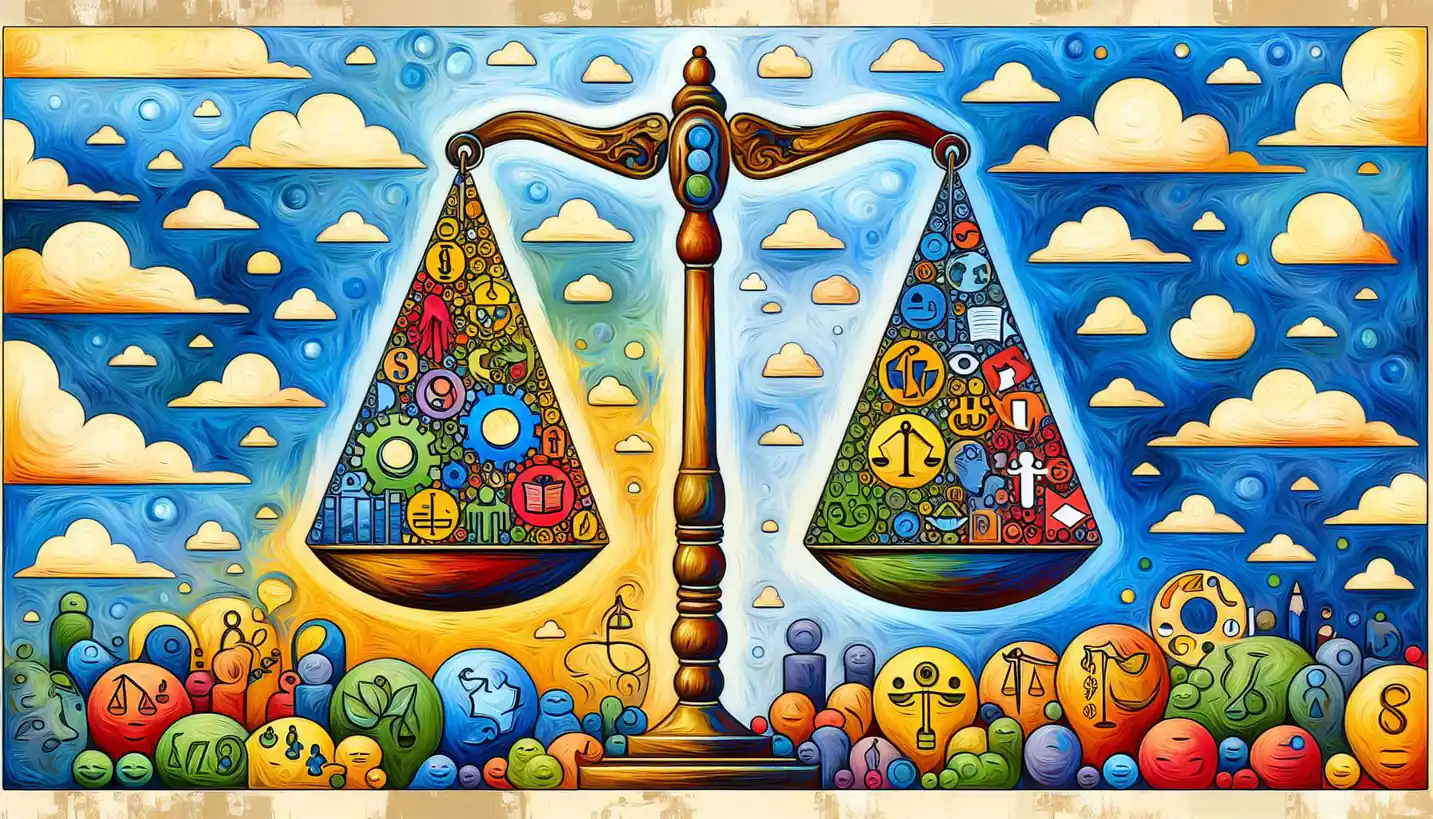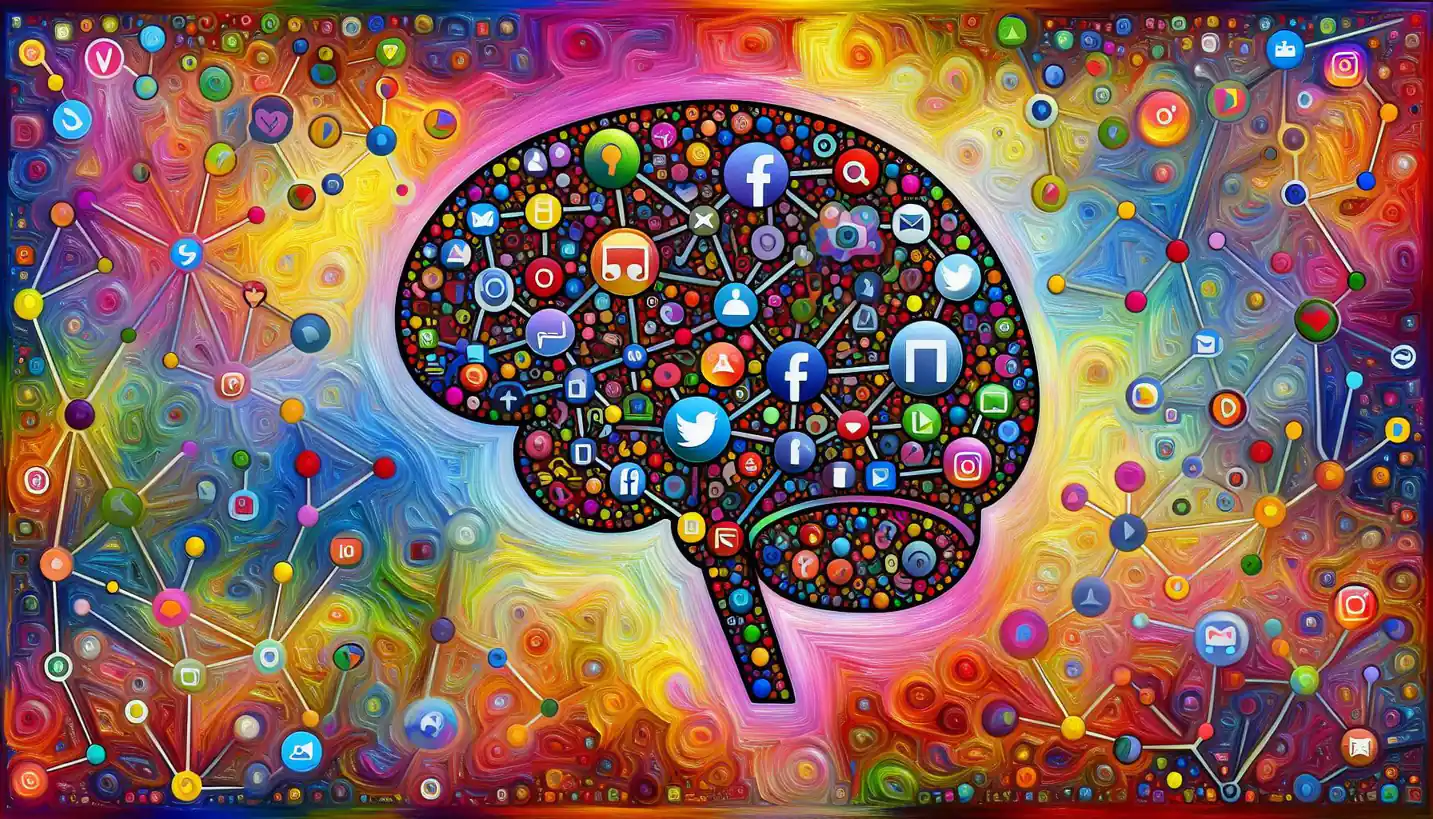· Sociology · 5 min read
Social Construction: The Invisible Hand Shaping Our World
Social construction examines how perceptions shape reality, illustrating how society collectively defines norms and values.

The idea of social construction might sound a bit like something out of a philosophy course, but it’s actually a powerful concept that helps explain how we interact with the world around us. Let’s dive into what social construction means, especially in the context of economic sociology, and why it matters.
Understanding Social Construction in Simple Terms
Think about how your day is structured. Maybe you wake up, have your coffee, and head to work or school. But have you ever wondered why things are the way they are? That’s where social construction comes in. It’s the notion that many aspects of our world aren’t just “given” by nature but are shaped by society. This includes everything from money and markets to norms and laws.
In economic sociology, social construction is like the frame of a house. It supports the way we understand economic systems, showing us that they aren’t purely the result of natural forces or economic laws, but are shaped by human beliefs, decisions, and actions.
Everyday Examples of Social Construction
Imagine money. At its core, it’s just paper or digital numbers. Yet, we all agree that it has value because we’ve collectively decided it does. Without this shared belief, money would be worthless. This is a prime example of social construction in action. These shared beliefs shape markets and drive economies, highlighting how powerful collective agreement can be.
Consider the concept of a “company.” A company is not a physical entity you can touch. It exists because our society recognizes it through legal frameworks and agreed-upon structures. These constructions influence everything from how we do business to how we interact at a global level.
The Role of Social Construction in Economics
Economists often talk about supply and demand, but what about the social rules that dictate these interactions? Economic sociology examines how social norms, laws, and traditions mold economic behavior. For example, why do people trust banks? It’s largely due to social constructs like regulation and reputation, which create a sense of security.
Take the gig economy, like Uber and Airbnb. These platforms exist because society has adapted its understanding of work and commerce. But they also reshape this understanding, showing social construction’s dynamic nature.
The Dynamics of Change
Social construction is not static; it evolves over time. Take the shift in how we view work. Not too long ago, a 9-to-5 job was the norm. Now, with digital technology, remote work is becoming more accepted and valued. This shift is a change in the social constructs surrounding employment and work ethics.
Social movements, like those aiming for gender equality or environmental sustainability, often aim to reconstruct societal norms. For instance, the value placed on sustainable business practices is growing, not because of natural laws but due to changing social values.
The Importance of Understanding Social Construction
Understanding social construction helps us grasp that much of what we take for granted is actually the result of complex social processes. Recognizing these can empower individuals and communities to advocate for change and make informed decisions.
For instance, awareness of the social constructs surrounding financial systems can lead to more informed debates about economic policies and reforms. It encourages critical thinking about whether current constructs serve the common good or need to be reevaluated.
Social Construction in a Global Context
In our interconnected world, social constructions can vary widely across cultures. What’s considered valuable or reasonable in one society might not hold the same weight in another. Consider how Western economies often prioritize individualism, while Eastern societies may emphasize collective well-being.
Globalization adds another layer of complexity to social construction, as it fosters interactions between diverse cultural norms and business practices. As we become more interlinked, understanding these different constructs becomes crucial for international relations and global business.
Future Implications and Research Directions
The future of social construction in economic sociology holds exciting possibilities. With the rapid pace of technological advancement, such as artificial intelligence and blockchain, new economic structures may emerge, challenging existing social constructs.
Researchers are actively exploring how these technologies can reshape societal norms, questioning what future economies might look like. Will traditional banking systems remain the same with the rise of cryptocurrencies? How will automation influence labor markets and employment constructs?
These questions not only fuel academic curiosity but also have real-world implications. By questioning and understanding social constructs, we pave the way for innovative solutions and more equitable societal structures.
Conclusion: The Power of Perception
The concept of social construction reminds us that many elements of our world are not fixed but are shaped by human perception and interaction. By questioning the status quo and understanding these constructions, we can drive meaningful change.
In economic sociology, this means looking beyond numbers and graphs to consider the beliefs, values, and norms that underpin economic systems. It’s a reminder that our social reality is, in many ways, a product of our collective imagination, capable of change and innovation.
As we move forward, embracing the fluid nature of social constructs will be key to adapting to future challenges and opportunities. Whether it’s rethinking how we work, trade, or value resources, the power to reshape our world lies within our understanding of these invisible frameworks.



